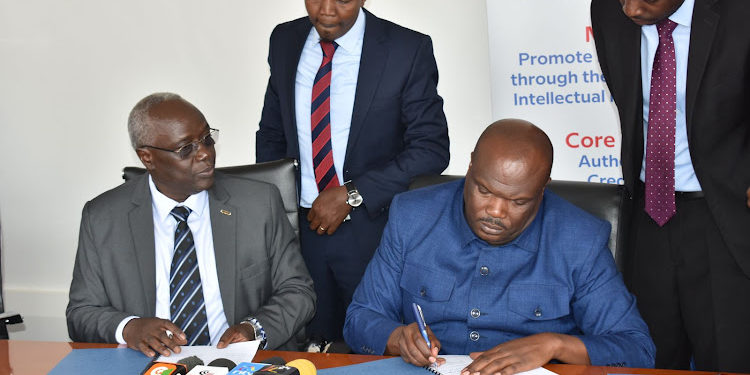The Anti-Counterfeit Authority (ACA) and the Pharmacy and Poisons Board (PPB) have entered into a Memorandum of Understanding (MoU) amid an escalating threat to public safety from the increasing influx of counterfeit pharmaceutical products.
ACA identifies emergency contraception, malaria drugs, and beauty products as the most frequently counterfeited items in the country. The Authority acknowledges that illicit trade in Kenya exceeded KES 1 trillion by 2023, with counterfeit trade contributing between KES 80 billion and KES 100 billion to this total.
The MoU aims to strengthen oversight and enforce the rights of health product and technology owners. Its primary focus is preventing the distribution of counterfeit health products within Kenya’s borders.
The agreement establishes a comprehensive framework that includes elements such as information exchange, collaborative investigations, capacity building, research, regulatory alignment, and consistent communication among the involved agencies.
Counterfeit product prevalence in Kenya is largely attributed to porous borders, with 80 percent of fake goods entering from neighboring countries. The Pharmacy and Poisons Board (PPB) notes that its ability to control the influx of counterfeit pharmaceutical products is hindered by insufficient resources.
PPB CEO Dr. Fred Siyoi highlights challenges posed by advancements in technology, such as AI and social media platforms like TikTok, where unauthorized advertisements for medicine may proliferate beyond regulatory control. He emphasizes the difficulty in managing platforms like TikTok and other emerging channels due to limited resources.
Dr. Njoroge underscores the importance of recording intellectual property rights and collaborating with various government agencies to combat the growing menace of counterfeit trade in the country.


















